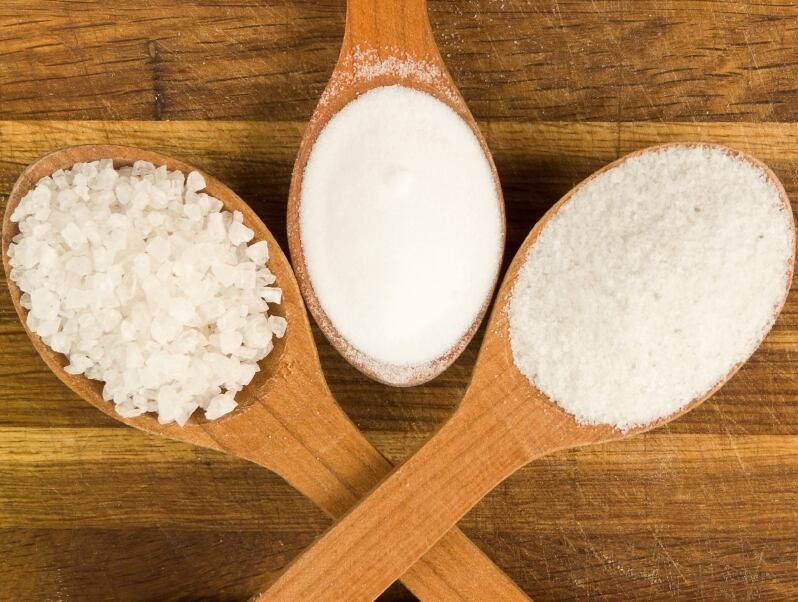Last month, Public Health England (PHE) announced that the food industry, along with health charities, will be consulted on new salt reduction targets for 2023. The engagement, said PHE, will involve discussions on the technical aspects of further reducing the salt added to everyday products.
The lobby group Action on Salt said it was ‘disappointing’ to see the engagement framed to invite comments solely on technical challenges, “rather than recognising the innovation the industry has made so far with reducing salt levels across their ranges”.
“Since 2003, the salt content of many products in supermarkets has decreased by as much as 50%, leading to a fall in the amount of salt we eat as a nation. Gradual, unobtrusive reductions in salt across the whole range of food available to the public has the added benefit of not affecting sales or consumer acceptability, while still benefiting public health.”
Have the targets gone far enough?
The government currently recommends that adults consume no more than 6g of salt per daily. Its most recent survey found that adults in England eat over 8g of salt a day, the same as they did in the previous report back in 2014.
After analysing the proposed targets against its comprehensive food and drink database, Action on Salt wants more ambitious targets from the PHE for most product categories.
“We were particularly concerned that some of the proposed targets have not been decreased from the 2017 targets, which almost excuses companies for not doing enough to lower salt levels, especially as we were able to find examples of products across all categories that easily met their proposed 2023 target,” it told us.
For example, the proposed average target for sausages is 1.08g/100g, yet The Co-operative Truly Irresistible 6 Sweet Chilli Sausages contain 0.75g/100g, the group found. “Even if targets were reset to be marginally lower, this would make it clear to industry that doing nothing will not be acceptable.”
Can the targets be improved?
The group said that in their current form, the proposed targets require more clarity on category definitions across both the retail and Out of Home sectors to help small businesses define which of their product lines are subject to salt reduction targets.
Without this, the categories remain open to interpretation which may enable companies to avoid participating in the salt reduction programme, it warned.
“Additionally, industry has not been given an indication of the direction of the programme within the engagement – i.e. these targets are just the first step in getting the UK’s salt reduction programme back on track, given the last set of targets expired in 2017. Once the targets are met, and all companies should be encouraged to meet them, the targets should be reset to progressively lower targets. This must be communicated to industry.”
The need for salt reduction targets
The campaigner reiterated its message that eating too much salt can have a ‘devastating’ impact on health. Referring to the most recent PHE survey, Action on Salt complained that salt intake among adults in England is still 40% higher (8.4g per day) than the maximum recommended intake of 6g per day.
“The Government can do so much more to prevent the major causes of death, in addition to ensuring the NHS is adequately funded to treat us if we do get ill, and salt reduction is a key prevention strategy.”





